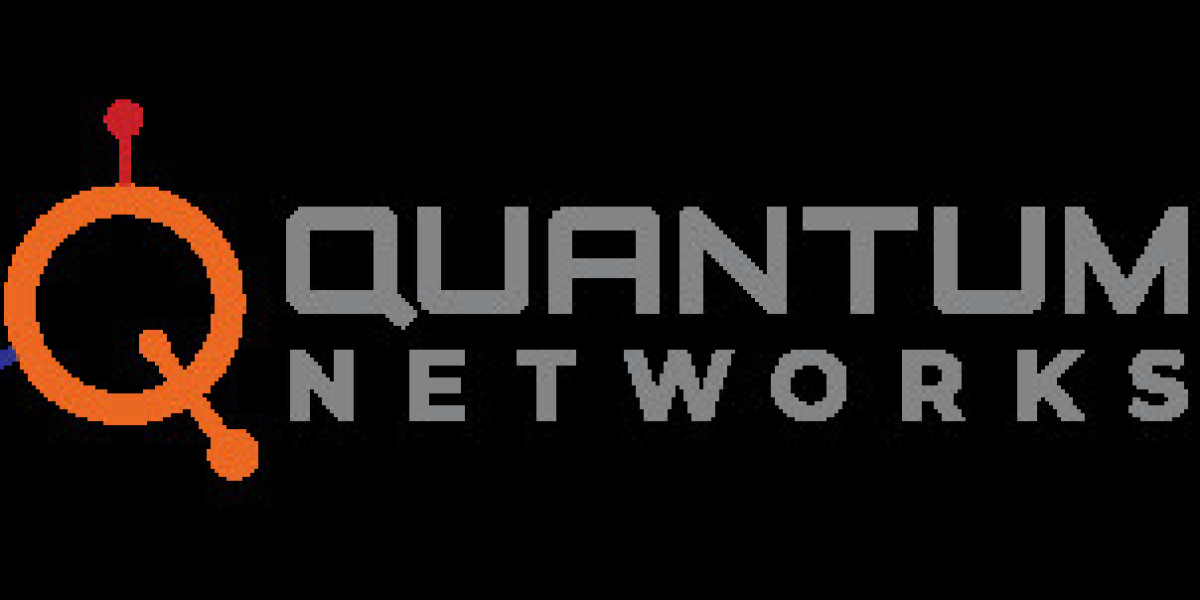The Rise of American Corporate Power
American corporate power is a defining force in the economic, political, and social structure of the United States. From multinational conglomerates to tech giants and financial institutions, corporations play a decisive role in shaping public policy, labor markets, media narratives, and consumer behavior. This influence is not merely economic—it extends deeply into the governance of democratic institutions, environmental policies, and social priorities.
At the heart of this power is the fusion of capital accumulation, lobbying influence, regulatory capture, and global reach, making U.S. corporations not only market players but also key political actors.
Corporate Influence in U.S. Politics
One of the clearest manifestations of corporate power in America lies in its political leverage.
Lobbying and Legislation
Corporations spend billions annually on lobbying activities. In 2023 alone, corporate lobbying expenditures in the U.S. exceeded $4 billion.
Industries like pharmaceuticals, oil and gas, finance, and tech deploy vast resources to influence legislation, regulations, and trade agreements.
Lobbyists craft language for bills, fund political campaigns, and sway congressional votes in favor of corporate interests.
Political Action Committees (PACs) and Super PACs
Corporate PACs bundle employee donations and contribute to campaigns aligned with business interests.
Super PACs, enabled by the Citizens United decision, can raise unlimited funds from corporations, dramatically impacting electoral outcomes and policy discussions.
This level of political investment ensures corporations have unprecedented access to lawmakers, often tilting policies in ways that favor corporate profitability over public welfare.
Economic Dominance and Market Control
Monopolistic Practices and Market Consolidation
A small number of corporations now control entire sectors. For example, Amazon dominates e-commerce, Google and Meta control digital advertising, and Walmart exerts enormous influence on retail supply chains.
This consolidation limits consumer choices, stifles innovation, and leads to anti-competitive practices.
The rise of "too big to fail" institutions—especially in the banking sector—highlights the dangers of unchecked corporate scale.
Wage Power and Labor Relations
Corporations often wield asymmetrical power over labor, dictating wages, benefits, and working conditions.
Union suppression tactics, outsourcing, and automation have contributed to wage stagnation, even as executive compensation soars.
Gig economy models, pioneered by corporations like Uber and DoorDash, further erode job security and employee protections.
Media Ownership and Information Control
Corporate Media Consolidation
Roughly 90% of U.S. media is controlled by just six conglomerates: Comcast, Disney, Warner Bros. Discovery, Paramount, Sony, and Fox.
This consolidation enables corporations to control narratives, shape public discourse, and marginalize dissenting voices.
Advertising and Influence
Corporations spend billions on advertising, which influences editorial decisions, platform algorithms, and content prioritization.
Tech corporations like Google, Facebook, and Twitter control digital content distribution, creating echo chambers and curating political realities based on profit-driven engagement metrics.
As a result, public perception, consumer behavior, and political awareness are heavily filtered through corporate lenses.
Corporate Role in Globalization
American corporations are central architects of global economic systems. Their activities abroad carry significant geopolitical implications.
Supply Chains and Outsourcing
U.S. corporations outsource manufacturing and services to countries with cheaper labor, lower regulations, and fewer labor protections.
This offshoring contributes to job losses in the U.S., while simultaneously fostering exploitative labor conditions abroad.
Trade Agreements and Deregulation
Corporations influence international trade deals (e.g., NAFTA, USMCA) to protect intellectual property, lower tariffs, and weaken labor and environmental standards.
Multinational corporations often engage in regulatory arbitrage, shopping for jurisdictions with minimal oversight.
This global footprint enables corporations to accumulate massive profits while externalizing social and environmental costs to vulnerable communities.
Environmental Impact and Climate Lobbying
Ecological Footprint of Major Corporations
The top 100 global corporations are responsible for over 70% of industrial greenhouse gas emissions.
U.S.-based oil and gas giants—such as ExxonMobil, Chevron, and ConocoPhillips—have historically obstructed climate legislation, funded denial campaigns, and lobbied for deregulation.
Greenwashing and CSR Illusions
Many corporations engage in greenwashing, using deceptive marketing to appear environmentally responsible without changing harmful practices.
While corporate social responsibility (CSR) campaigns are often publicized, their impact is frequently symbolic rather than systemic.
True sustainability demands not just pledges and PR—but fundamental shifts in corporate priorities, placing planet over profit.
Corporate Philanthropy vs. Systemic Reform
Billion-Dollar Giving vs. Tax Avoidance
While corporations and wealthy executives make large philanthropic donations, they often do so while minimizing their tax liabilities through loopholes and offshore tax havens.
For instance, some of the largest U.S. corporations have paid zero federal income tax in profitable years.
Power Imbalance in Public Services
Through philanthropic foundations (e.g., Gates Foundation), corporate figures shape education policy, global health strategies, and urban development.
This private influence over public systems raises ethical concerns about democratic accountability, representation, and equity.
Philanthropy often masks the structural inequalities created by the same corporations, offering short-term relief without challenging long-term injustices.
Corporate Capture of Regulatory Agencies
Regulatory capture refers to the process by which industries gain control over the agencies meant to regulate them.
Revolving doors between corporate leadership and government appointments foster conflicts of interest.
Agencies such as the FDA, EPA, FCC, and SEC have, at times, faced criticism for adopting policies that benefit the industries they regulate.
This blurs the line between public interest and corporate gain, weakening democratic institutions and public trust.
Resisting and Reforming Corporate Power
Efforts to rebalance corporate power and reclaim democratic control are gaining momentum.
Policy Solutions
Stronger antitrust enforcement to break up monopolies and promote competition.
Campaign finance reform, including overturning Citizens United, to reduce corporate influence in elections.
Tax reform to ensure corporations pay their fair share toward public infrastructure and services.
Grassroots Activism and Labor Movements
Workers organizing in retail, tech, and fast food sectors are demanding better wages, conditions, and protections.
Consumer advocacy campaigns push corporations toward ethical supply chains and sustainable practices.
Ultimately, building a more equitable future means confronting the structures that concentrate power, and demanding transparency, accountability, and justice in every corner of corporate influence.







